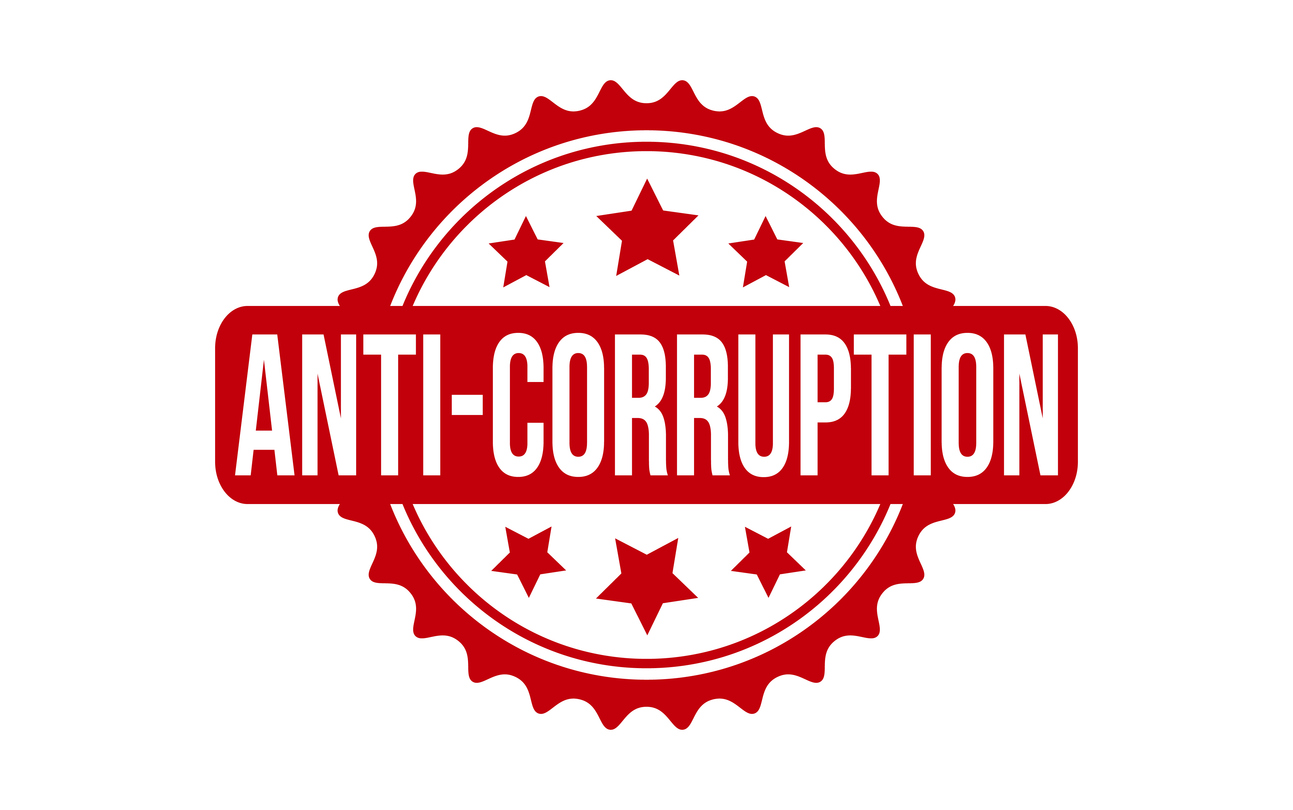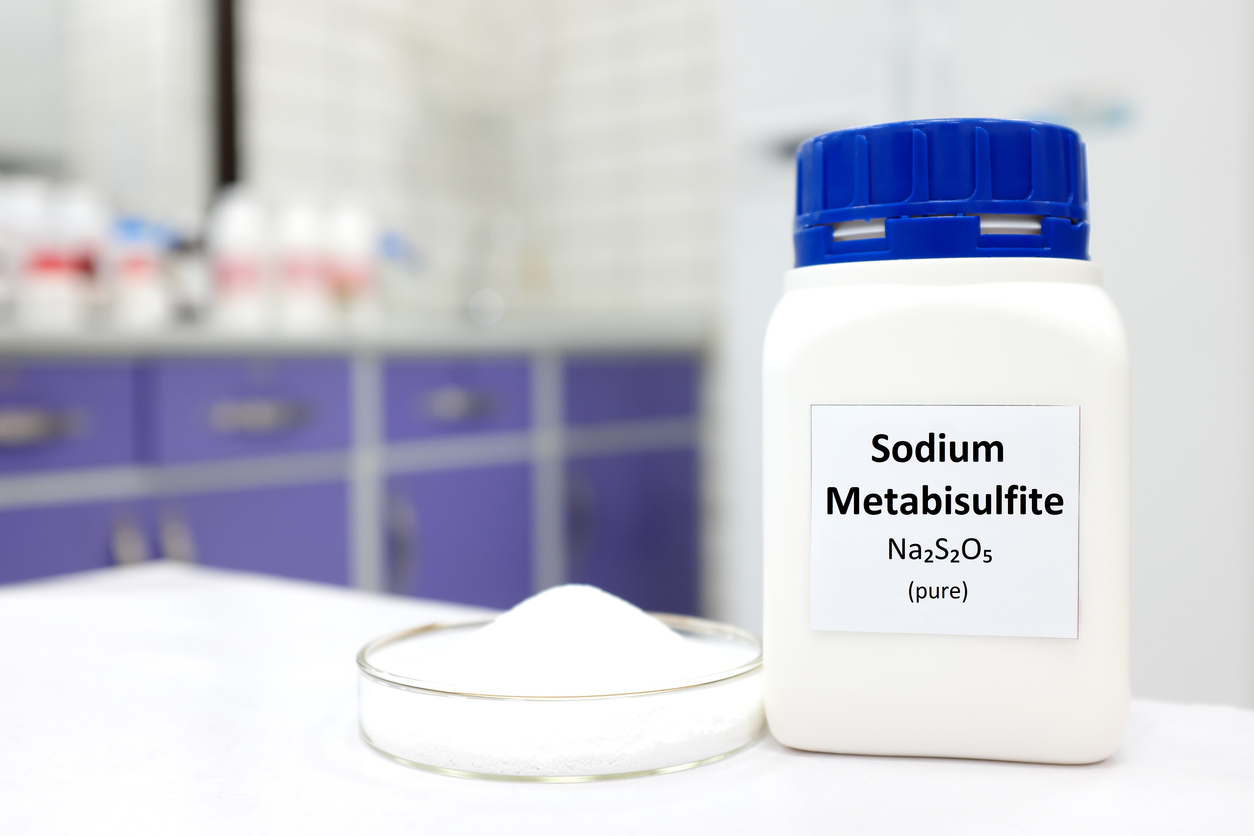Anti-Corruption Compliance in Nigeria: Best Practices for Businesses
Operating a business in Nigeria offers vast opportunities, but companies must navigate regulatory challenges, including strict anti-corruption compliance requirements. Ensuring adherence to anti-corruption laws is not just a legal obligation; it strengthens your business reputation, reduces risks, and fosters long-term growth.
Understanding Anti-Corruption Compliance in Nigeria
Anti-corruption compliance in Nigeria involves adhering to laws and regulations designed to prevent bribery, fraud, and unethical business practices. The key legislation includes the Nigeria Corrupt Practices and Other Related Offences Act 2000, enforced by the Economic and Financial Crimes Commission (EFCC), and guidelines under the Independent Corrupt Practices and Other Related Offences Commission (ICPC).
For businesses, compliance means implementing internal policies, reporting mechanisms, and due diligence procedures to ensure that all employees, partners, and suppliers operate ethically.
Why Businesses Must Prioritize Anti-Corruption Compliance
-
Legal Protection: Non-compliance can lead to heavy fines, legal action, or even business shutdowns. Companies operating without proper anti-corruption measures are exposed to significant risks.
-
Investor Confidence: Investors increasingly assess corporate governance and ethical practices before committing funds. Businesses that demonstrate robust compliance attract more investment.
-
Operational Integrity: Anti-corruption compliance ensures fair dealings with suppliers, clients, and regulatory bodies, fostering trust across business networks.
Key Strategies for Effective Anti-Corruption Compliance in Nigeria
1. Develop a Comprehensive Compliance Policy
A clear anti-corruption policy sets expectations for all employees and stakeholders. It should define prohibited practices such as bribery, kickbacks, and facilitation payments. Regularly updating this policy ensures alignment with Nigerian laws and international best practices.
2. Conduct Thorough Due Diligence
Before partnering with suppliers, distributors, or contractors, perform thorough due diligence to identify potential corruption risks. This includes reviewing past records, financial transactions, and reputational history.
3. Implement Employee Training Programs
Training employees on anti-corruption laws and company policies is crucial. Staff should understand how to report suspicious activities, recognize bribery attempts, and maintain ethical standards in everyday operations.
4. Establish Internal Reporting Mechanisms
A confidential reporting system allows employees to report corruption or unethical conduct without fear of retaliation. Companies should monitor, investigate, and take corrective actions when necessary.
5. Monitor and Audit Compliance Practices
Regular audits and monitoring help identify gaps in anti-corruption measures. Businesses can track policy adherence, detect irregularities, and make necessary adjustments to strengthen compliance frameworks.
6. Engage Legal and Compliance Experts
Partnering with legal consultants or compliance specialists can help interpret evolving Nigerian regulations, ensuring your business meets all statutory requirements.
Challenges in Anti-Corruption Compliance
Despite best efforts, businesses in Nigeria may face challenges such as inconsistent enforcement, complex regulatory requirements, and high-risk sectors prone to bribery. However, these obstacles can be mitigated with proactive compliance measures, strong corporate governance, and continuous staff training.
How Wigmore Trading Supports Compliance
Wigmore Trading understands the importance of anti-corruption compliance in Nigeria. By offering guidance on sourcing, vendor management, and regulatory compliance, Wigmore Trading helps businesses navigate legal risks effectively. Our team ensures that partnerships and procurement processes align with anti-corruption standards, safeguarding your operations while promoting ethical business conduct.
Get in touch with our team to learn more about how Wigmore Trading can help you maintain robust anti-corruption compliance in Nigeria.








Comments are closed.